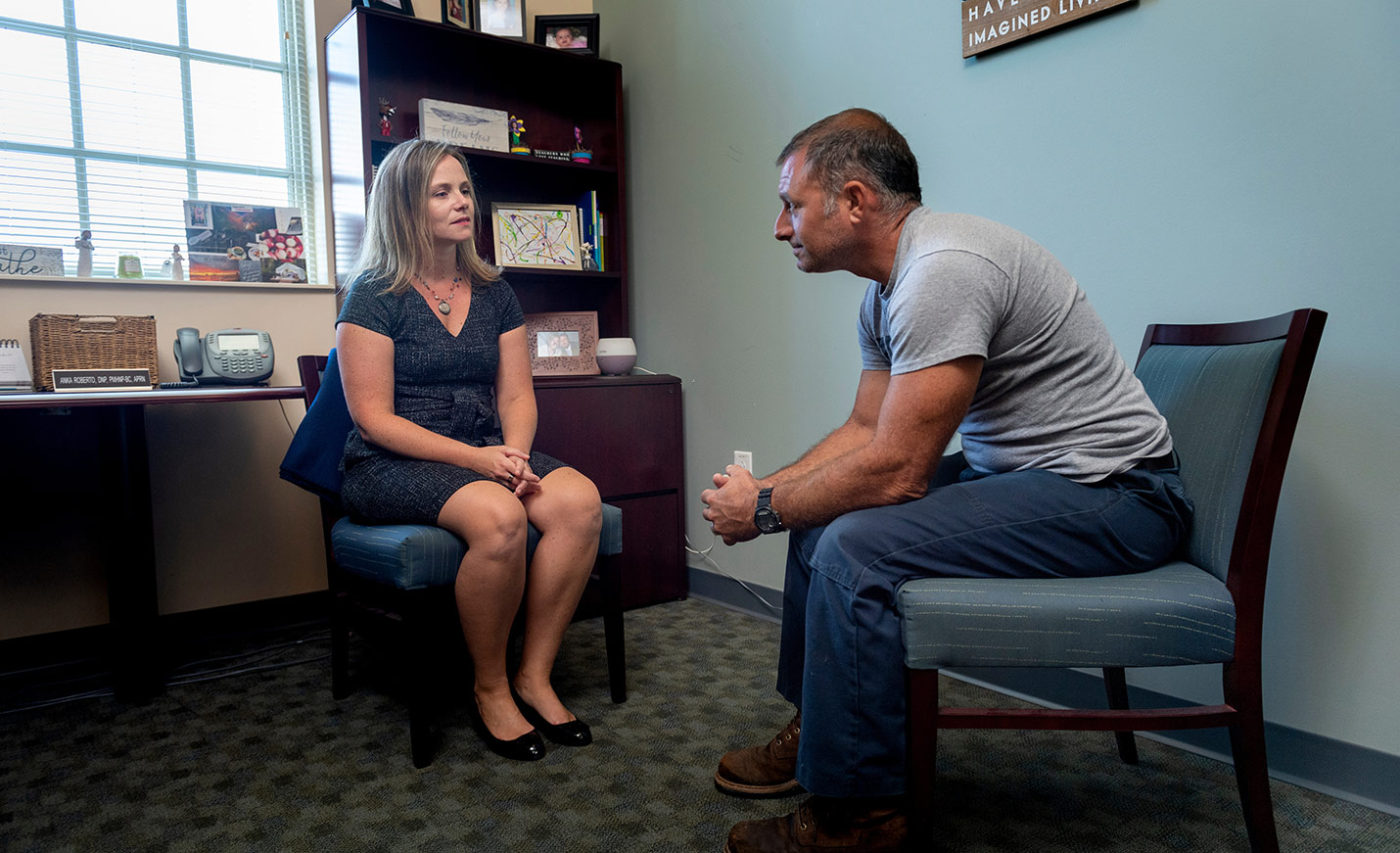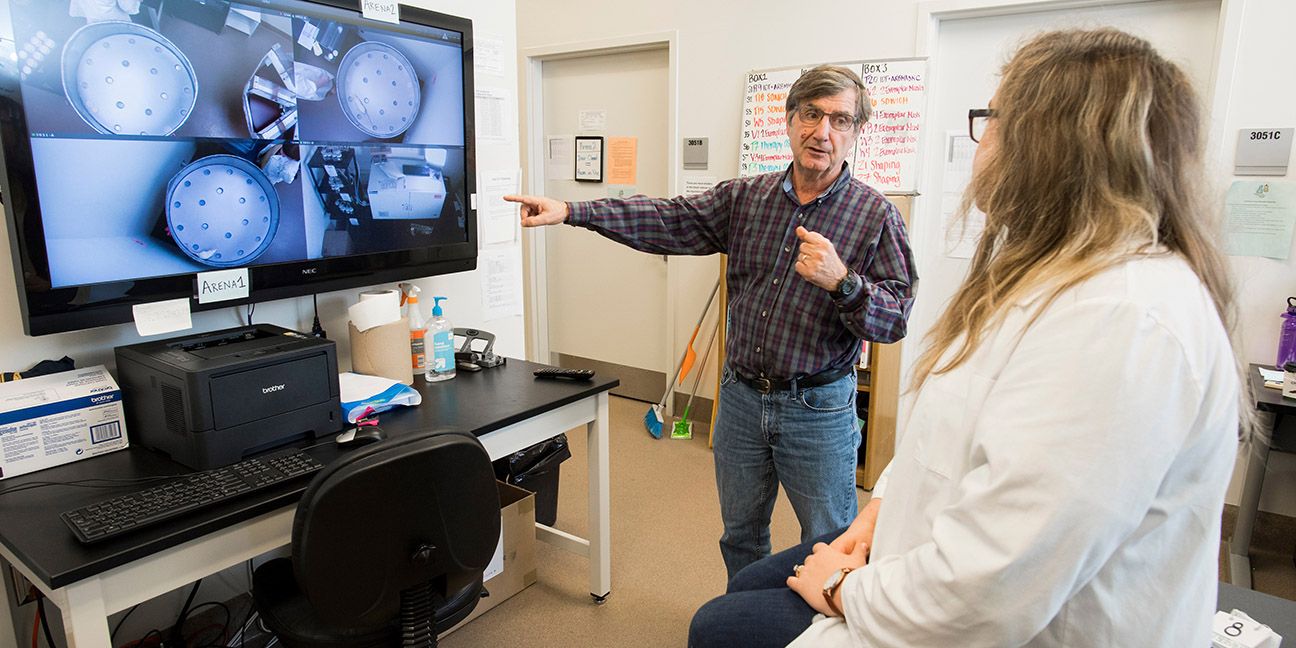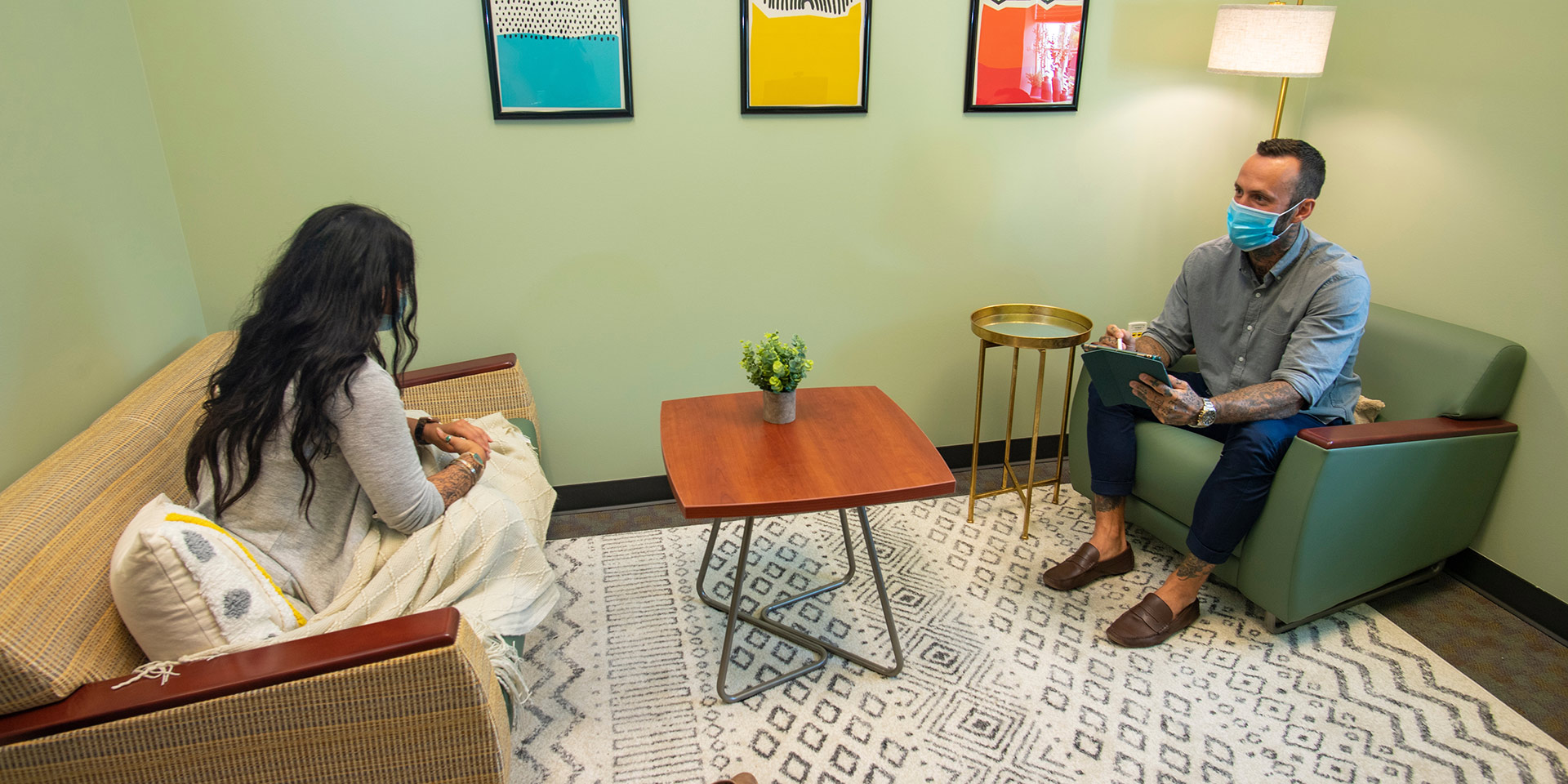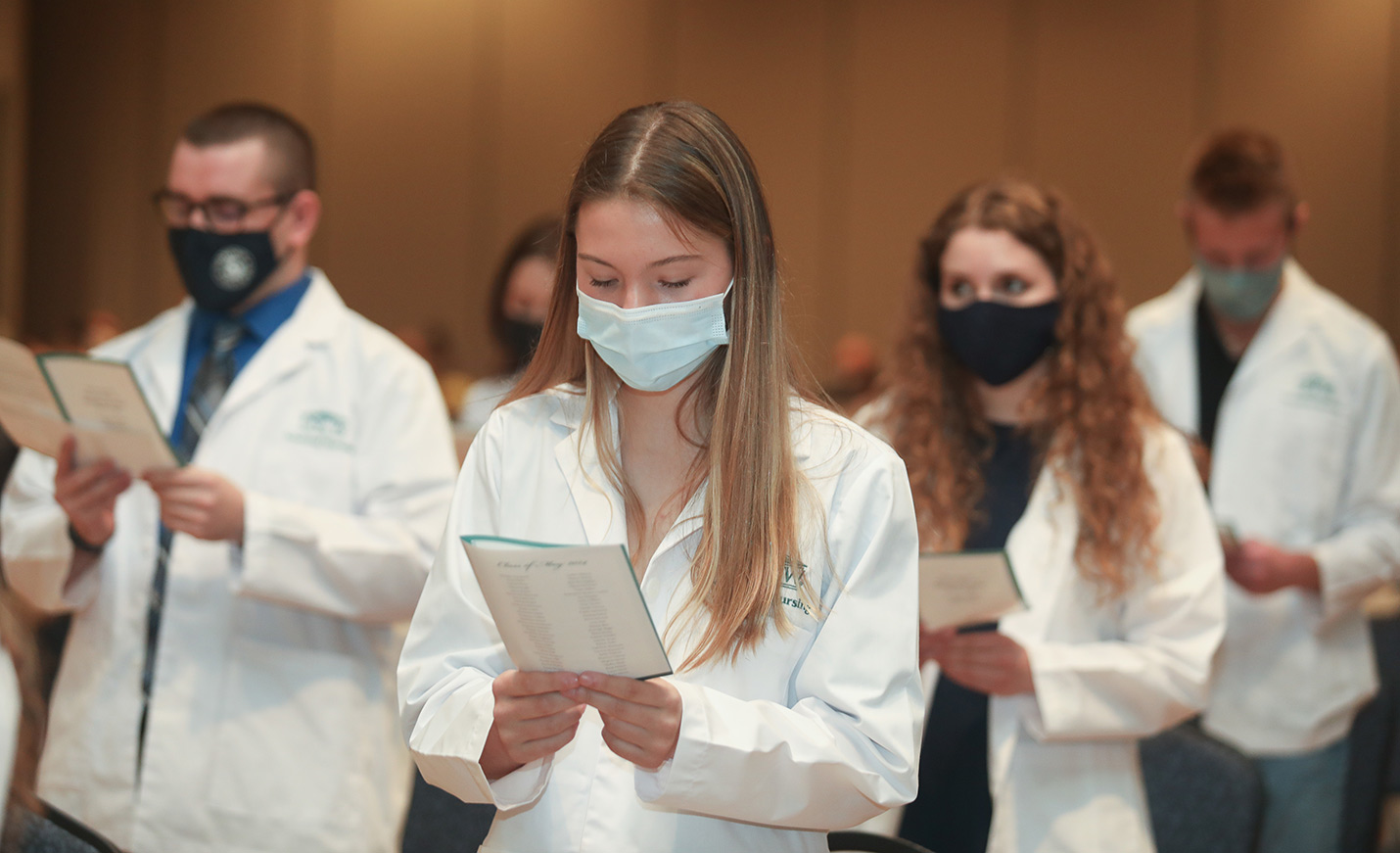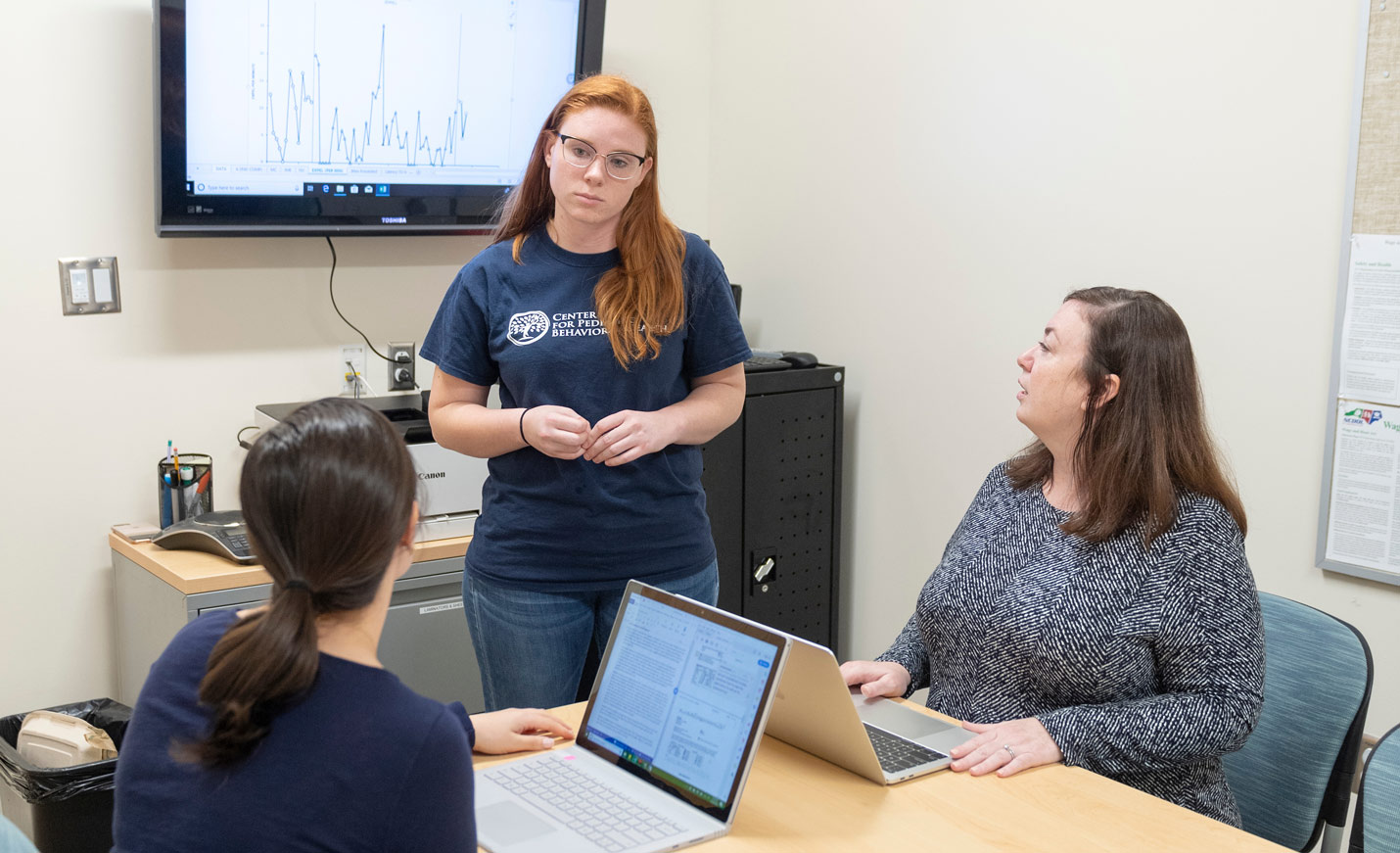Nursing, BSN
Designed to provide the knowledge, skills, and attitudes to practice family-centered, professional nursing in a variety of current and emerging health care delivery systems.
Social Work, BSW
Apply social work knowledge, values and skills to help people access services, cope with social, emotional, and health concerns to improve lives, and advocate for a just society.
Social Work, MSW
Prepares graduates for a career in clinical practice dedicated to assisting individuals, groups, families and communities.

